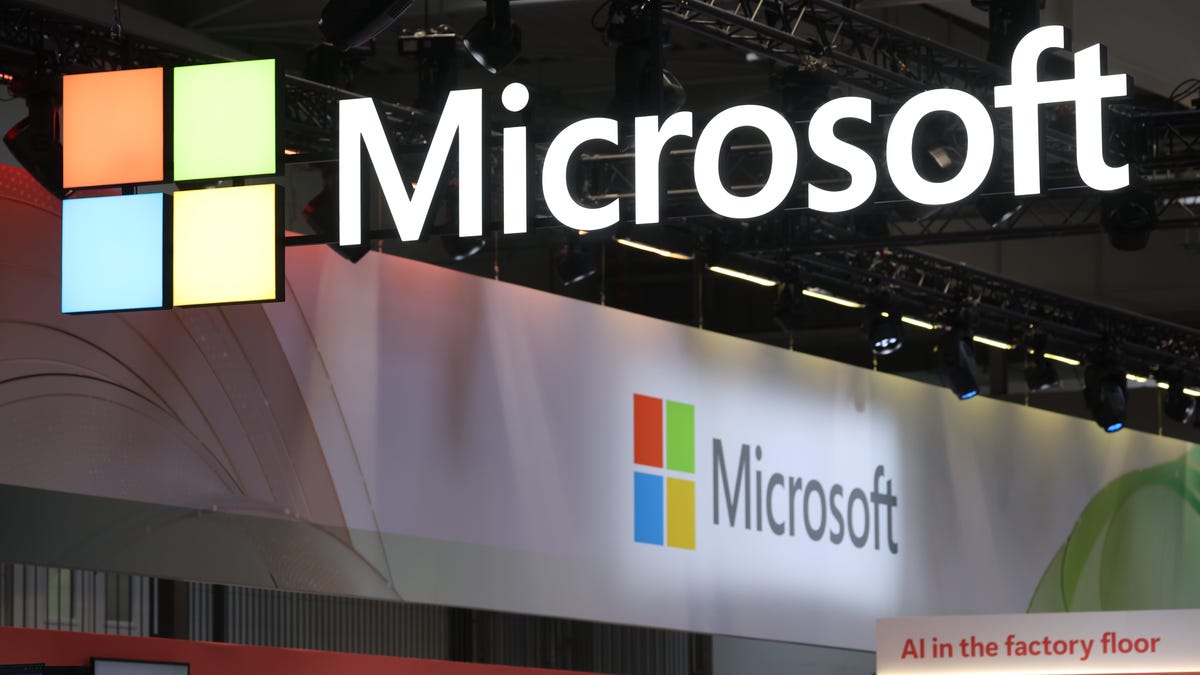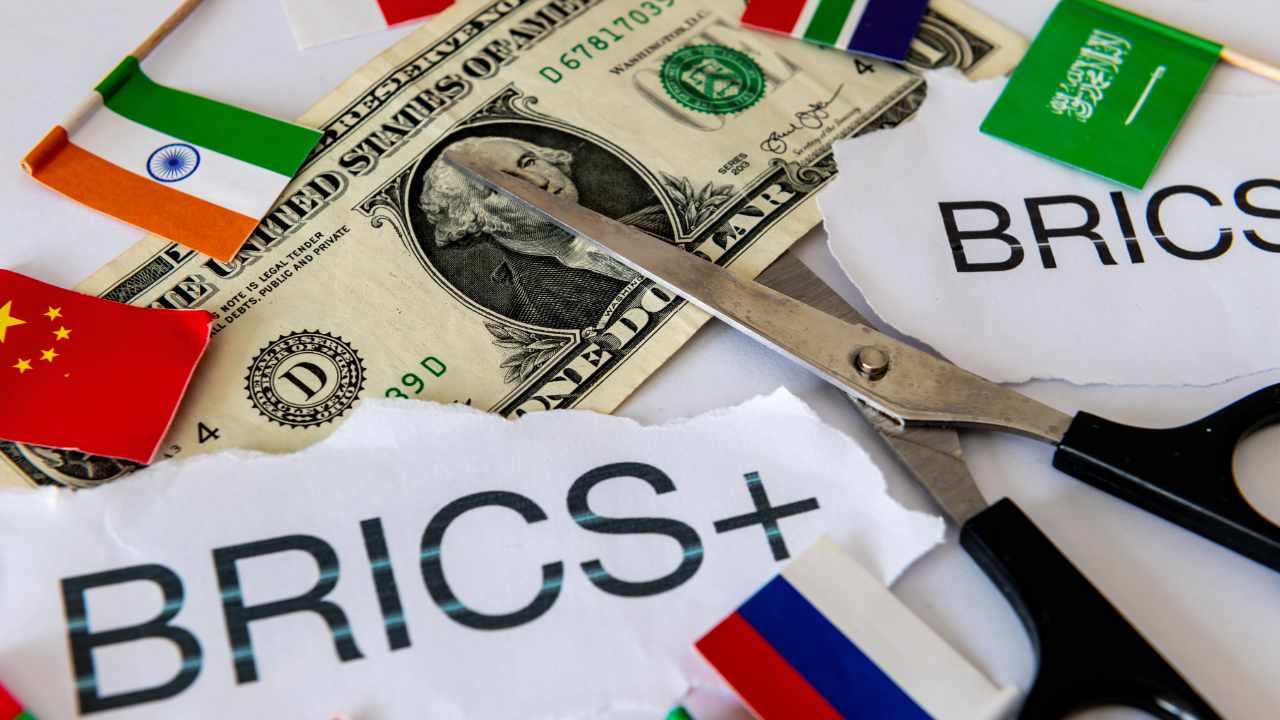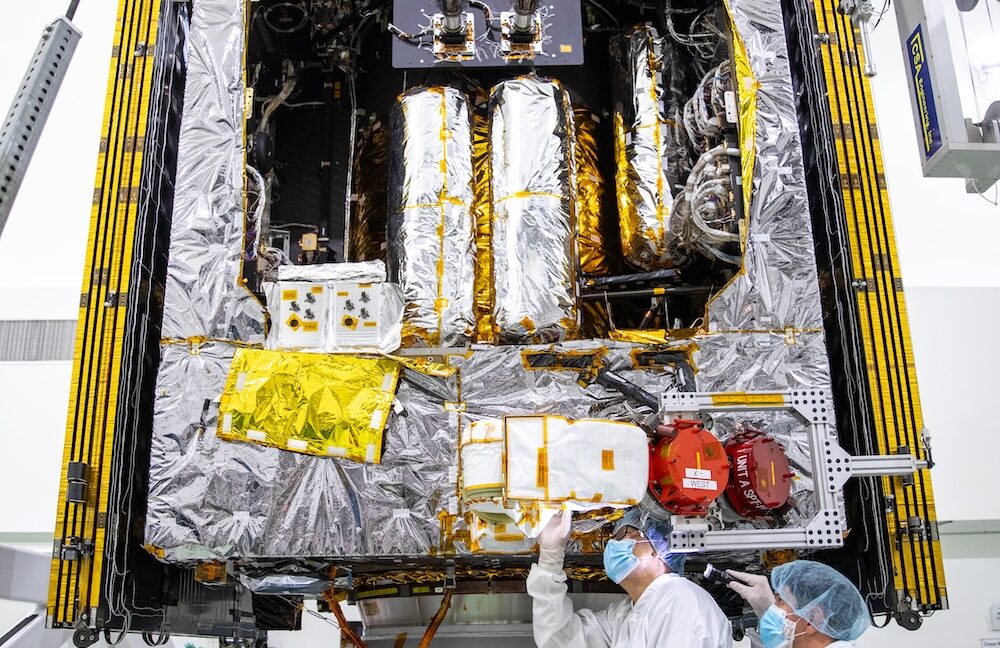If a recession hits, Microsoft CEO says tech giant will focus on ‘how we help our customers’
Microsoft’s reported quarterly results Wednesday — and judging by the numbers, the broader economic uncertainty hasn’t impacted its business in a substantial way. The Redmond tech giant reported $70.1 billion in revenue for the March quarter, up 13%, with earnings of $3.46/share, topping Wall Street’s expectations by both measures. Shares were up more than 7% in after-hours trading. Microsoft made one reference to tariffs in its earnings results, noting that inventory levels in its Windows OEM business remain “elevated due to tariff uncertainty.” President Trump’s tariff policies have sparked trade war and recession fears. Morgan Stanley predicts the odds of a recession at… Read More


Microsoft’s reported quarterly results Wednesday — and judging by the numbers, the broader economic uncertainty hasn’t impacted its business in a substantial way.
The Redmond tech giant reported $70.1 billion in revenue for the March quarter, up 13%, with earnings of $3.46/share, topping Wall Street’s expectations by both measures. Shares were up more than 7% in after-hours trading.
Microsoft made one reference to tariffs in its earnings results, noting that inventory levels in its Windows OEM business remain “elevated due to tariff uncertainty.”
President Trump’s tariff policies have sparked trade war and recession fears. Morgan Stanley predicts the odds of a recession at 40%, while JP Morgan Chase put chances at 65%, according to Quartz.
Microsoft generates a large share of its revenue from software and cloud services rather than hardware, making it less vulnerable to tariffs that primarily target goods and manufacturing. But some areas of its business, such as computing and gaming devices, could be impacted.
And businesses that drive Microsoft’s revenue may be more cautious in their spending on cloud computing, enterprise software, and AI services.
On the company’s earnings call with analysts, Microsoft CEO Satya Nadella was asked about navigating a potential recession.
Here was his answer, edited for clarity and brevity:
“The way I think we will approach it is, quite frankly, be very focused on how we help our customers if there is any turbulence in the macro. One of the things that we feel we can do, just because of the efficiencies of the cloud and the footprint we have and the differentiated layers of the stack, from the SaaS application side to the infrastructure side … I think if you sort of buy into the argument that software is the most malleable resource we have to fight any type of inflationary pressure or any type of growth pressure where you need to do more with less, I think we can be super helpful in that. And so if anything, we would probably have more of that mindset — how do we make sure we are helping our customers. And then, of course, we’ll look to share gains.”

















































































































































![[Free Webinar] Guide to Securing Your Entire Identity Lifecycle Against AI-Powered Threats](https://blogger.googleusercontent.com/img/b/R29vZ2xl/AVvXsEjqbZf4bsDp6ei3fmQ8swm7GB5XoRrhZSFE7ZNhRLFO49KlmdgpIDCZWMSv7rydpEShIrNb9crnH5p6mFZbURzO5HC9I4RlzJazBBw5aHOTmI38sqiZIWPldRqut4bTgegipjOk5VgktVOwCKF_ncLeBX-pMTO_GMVMfbzZbf8eAj21V04y_NiOaSApGkM/s1600/webinar-play.jpg?#)








































